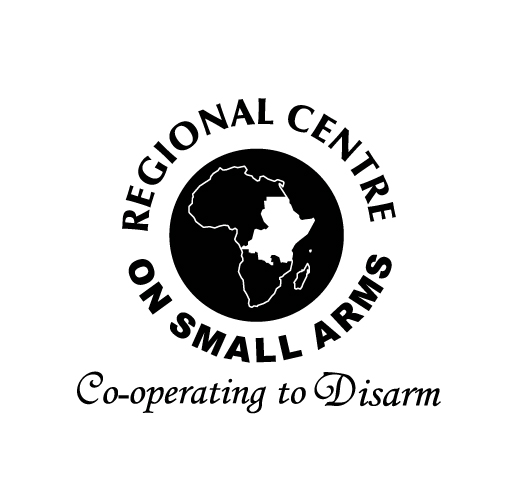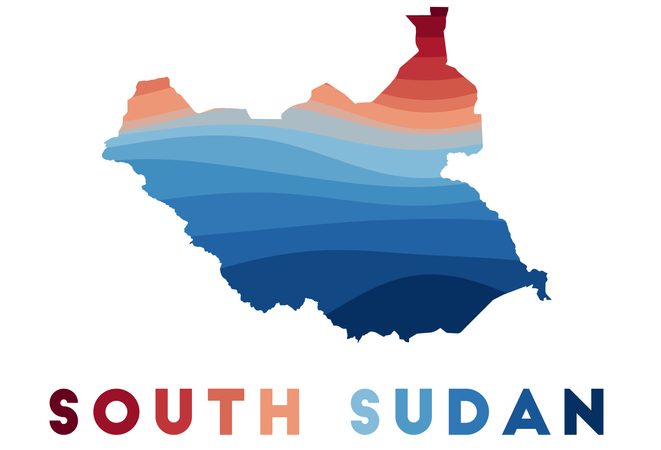Since gaining independence in 2011, South Sudan has faced various violent conflicts, leading to instability and increased levels of poverty. According to the Fund for Peace, South Sudan is considered the most fragile state in the world. The country’s governance levels remain low, and the potential for conflicts to resurface remains high due to ongoing political tensions. The proliferation of illicit small arms and light weapons (SALW) lies at the core of this insecurity, exacerbating human development challenges. The presence of arms has perpetuated protracted conflicts both within and beyond the country, disrupting key economic activities and further impoverishing the population.
The primary objective of this research was to investigate the relationship between the proliferation of illicit SALW and fragile situations in South Sudan, as well as their impact on development and livelihoods. The study involved participants from various sectors, including civil society organizations, security agents, religious leaders, government officials, civil service members, academics, and the general South Sudanese population. Research was conducted in different parts of South Sudan.
The study findings indicate that fragility situations in South Sudan are characterized by the proliferation of illicit SALW (85%), protracted armed conflict (76%), the presence of internally displaced persons (IDPs) (68%), peacekeeping forces (65%), and humanitarian agencies (60%). On the other hand, the key drivers of fragility in South Sudan were identified as poor governance (76%), protracted conflict (74%), poverty (70%), proliferation of illicit SALW (64%), and ethnic and clan politics (60%).
The impact of fragility situations in South Sudan is significant, affecting key sectors such as security, tourism, foreign direct investment, health, education, and road infrastructure.
The government and the international community have implemented various legal frameworks and interventions to address fragility situations. However, challenges such as protracted conflict, ongoing proliferation of illicit SALW, weak governance institutions, and ethnic and clan-based politics persist.
To build resilience, the study recommends strengthening governance institutions, addressing the proliferation of illicit SALW, reforming the public and security sectors, and undertaking post-conflict reconstruction efforts, among other measures.

